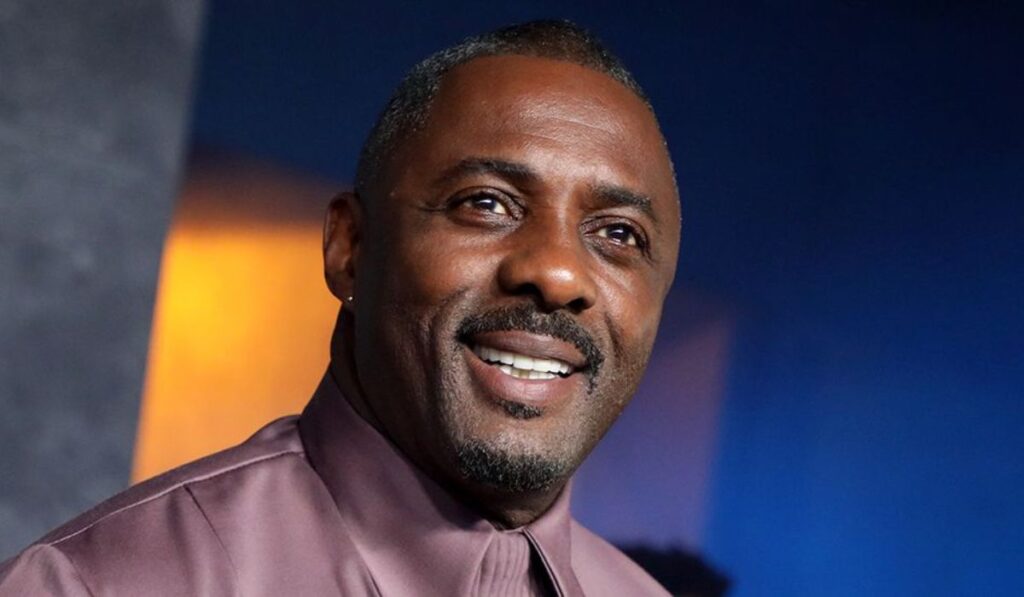The British actor, Idris Elba, has announced his intention to move to Africa in the next five to ten years.
He stated that this move is a part of his decade-long strategy to strengthen Africa’s film industry.
Elba, who was born to a Ghanaian mother and a Sierra-Leonian father, has intentions to enhance the film industry in Accra, Ghana, and Tanzania, Zanzibar. He is currently spearheading early-stage projects to construct a film studio there.

His goal is to leverage his celebrity influence to not only foster the emerging film industry on the continent, but to also ensure Africans can control their own narratives.“
I would certainly contemplate making a home here, actually, it’s a certainty. I’m here to fortify the film industry, and that’s a decade-long commitment. I can’t do that from abroad. I need to be present here, on the continent.”
However, embodying the essence of Pan-Africanism, he mentioned that he won’t settle permanently in one country. Instead, he plans to divide his time living in Accra, Freetown, Sierra-Leone, and Zanzibar.
Elba expressed his intention to be where stories are being told, emphasizing the significance of this aspect.
He stressed the importance of Africans narrating their own tales. Elba, who portrayed Nelson Mandela in the 2013 film ‘A Long Walk To Freedom’, observed that narratives about Africa often cast the continent in a negative light.“
It’s crucial that we take ownership of our stories, our traditions, our cultures, our languages, and the distinctions between one language and another. The world is largely unaware of these nuances,” he said.
Despite the prolific output of Nollywood, which produces hundreds of films each year, and the renowned high-quality films from Francophone countries like Senegal, Elba pointed out that Africa’s film industries lack the necessary facilities to elevate their talents and products to international standards.
However, he remains optimistic that with the right momentum and the involvement of governments willing to foster conducive environments, a positive cycle can be established

